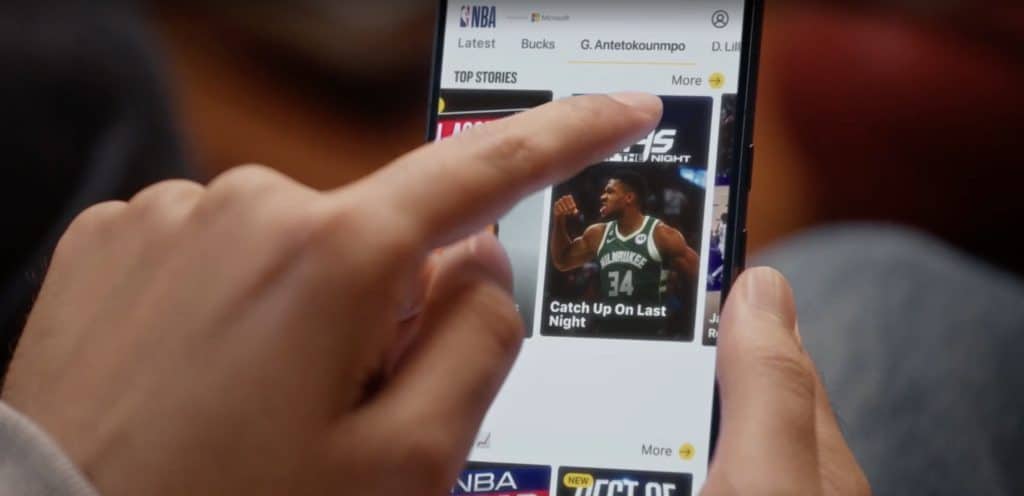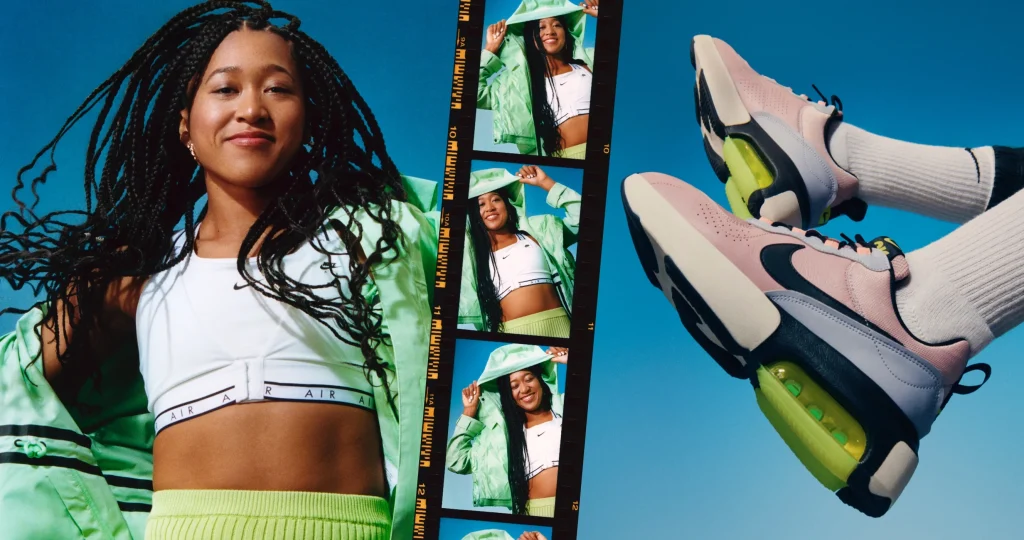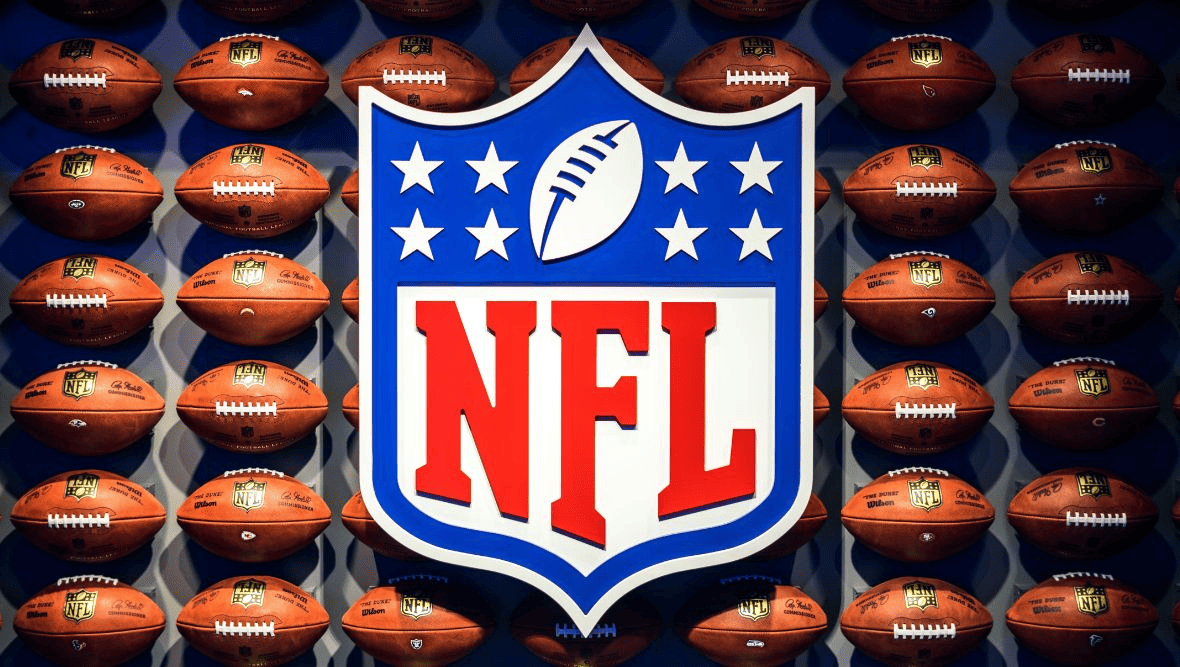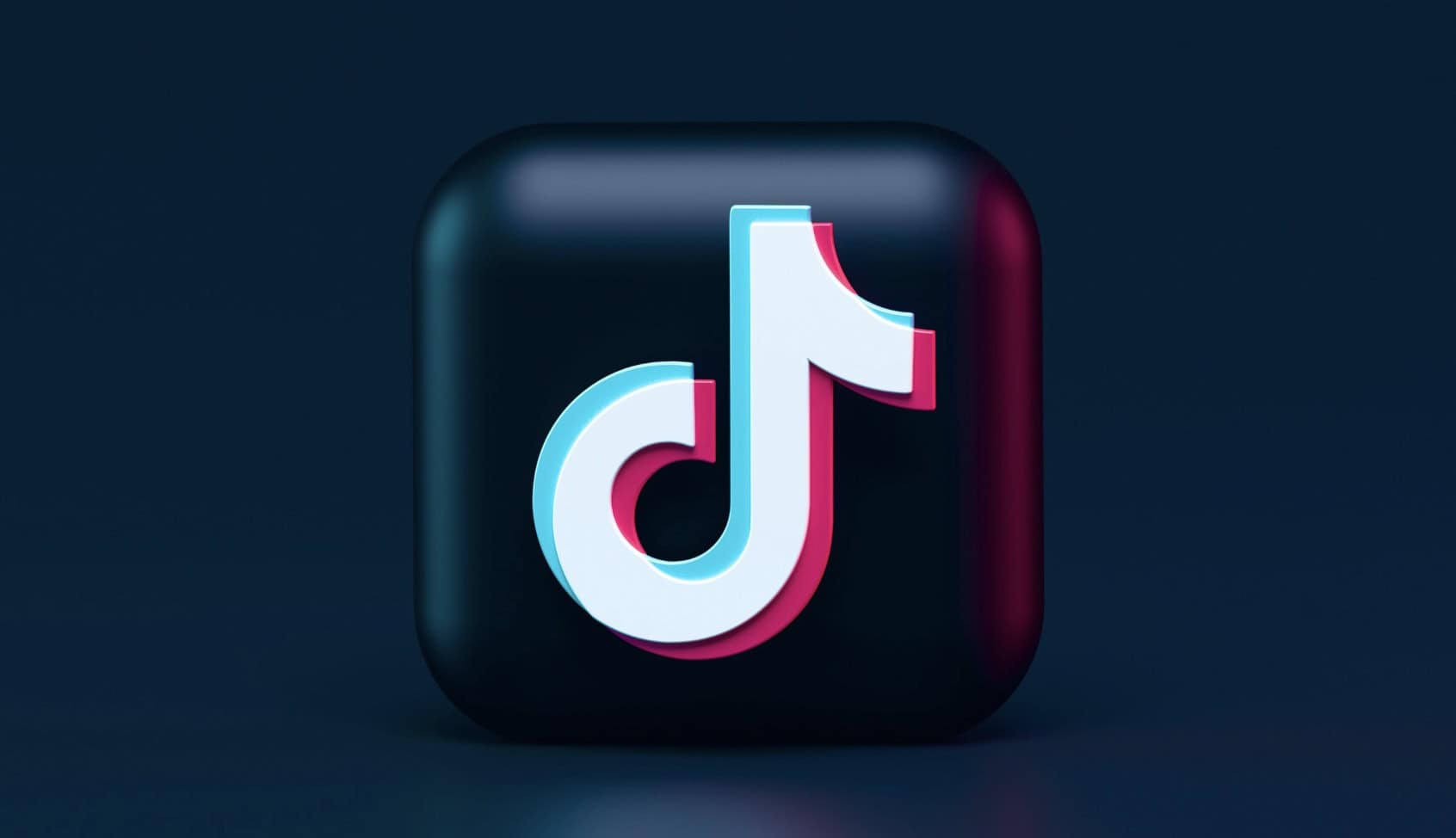
The sports industry continues to grow, and marketing agencies must stay ahead of the game to remain competitive. In 2025, sports marketing is being redefined by technology, fan engagement strategies, and brand collaborations. Here’s a look at the top trends shaping the industry and who is setting the new benchmarks of a successful sports campaign.
1. The Rise of AI and Personalisation
Artificial intelligence (AI) is revolutionising sports marketing by enhancing fan experiences through hyper-personalised content. AI-powered chatbots, predictive analytics, and customised advertising are helping brands engage with fans in a more meaningful way. Teams and sponsors are using data-driven insights to tailor experiences, whether it’s personalised video messages from athletes or dynamic content recommendations based on a fan’s browsing history.
Example: NBA and Microsoft
The NBA partnered with Microsoft to create an AI-driven platform that personalises fan experiences. This platform curates content, highlights, and interactive stats based on users’ preferences, boosting engagement and viewership.

2. Immersive Experiences with AR & VR
Augmented reality (AR) and virtual reality (VR) are taking fan engagement to new heights. Whether through interactive stadium experiences, virtual meet-and-greets, or AR-enhanced merchandise, brands are investing in technology to deepen fan connections. AR filters, holograms, and VR-based training modules are also helping athletes and fans engage in unprecedented ways.
Example: Manchester City’s Virtual Stadium Tour
Manchester City launched a VR-powered stadium tour, allowing fans worldwide to explore the Etihad Stadium as if they were there in person. This immersive experience created new revenue streams and strengthened global fan engagement.

3. The Power of Athlete-Driven Content
Athletes are no longer just endorsers; they are becoming media brands themselves. With the rise of social media and direct-to-fan platforms, athletes are telling their own stories, shaping brand narratives, and influencing audiences on a personal level. Brands collaborating with athletes on authentic, purpose-driven campaigns are seeing higher engagement and trust from consumers.
Example: Naomi Osaka & Nike’s Social Impact Campaign
Nike’s campaign with Naomi Osaka went beyond traditional endorsements by highlighting her activism and advocacy for social justice. By aligning with her values and personal brand, Nike connected with younger, socially conscious audiences in a meaningful way.

The future of sports marketing is being shaped by technology, personalisation, and purpose-driven strategies. Brands that embrace AI, immersive experiences, athlete-driven content, and social responsibility will lead the industry. As we move into 2025, the key to success lies in staying agile, leveraging data, and creating meaningful connections with fans.
Is your brand ready to take advantage of these trends? Check out our portfolio then let’s talk and build a winning sports marketing strategy together.


